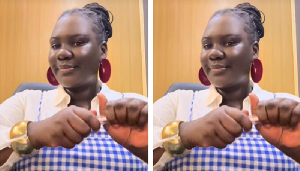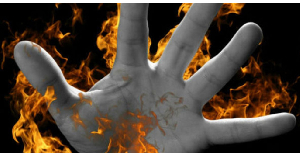Ghana has launched a Sanitation Challenge to help encourage Metropolitan, Municipal and District Assemblies (MMDAs) to prioritise the dire sanitation situation in the country.
The Challenge would promote competition among the MMDAs to partner with their citizens, innovators and solvers,as well as academic institutions, among others, to improve liquid waste conditions in urban areas.
It would put urban sanitation on the agenda with cities, municipalities and districts with a population of more than 15,000 people competing with each other to identify smart strategies for urban sanitation services.
IRC Ghana, the lead local implementing agent of the Challenge, on behalf of IMC Worldwide in a statement said, among the key objectives, were to use innovative approaches to transform and improve sanitation service delivery and to create public-private partnership with incentives for private entrepreneurs and businesses to provide sanitation services for the urban poor.
The MMDAs would be expected to come out with solutions to eliminate open defecation, reduce the sanitation gap between the rich and poor, and increase access to basic and hygienic sanitation for all – not only at home, but also in public buildings such as schools and hospitals.
The Challenge has a total prize of 1.43 million pounds, which will be delivered after three and half years and multiple rounds.
The first prize (Duapa award) will be given to MMDAs that have designed the best urban liquid waste management strategies.
The award of the first prize will commence the implementation of a liquid waste management strategies until December 2018.
During this stage, honorary award ceremonies would be organized to reward competing MMDAs, based on their effective and innovative approaches to tackle liquid waste.
At the end of the competition in December 2018, the MMDA, which has made the most progress in implementing its strategies would receive the grand prize of the Most Dignified City Award.
The concept of a 'clean city competition' was developed by a consortium of NGO's. With funding from the UK Department for International Development (DFID) and overseen by Ghana's Ministry responsible for sanitation, the competition aims to stimulate local politicians to prioritise sanitation.
IRC Ghana will be the leading national implementing agent, in partnership with Ghanaian consulting firm Water Health Solutions (WHS).
Health News of Friday, 11 December 2015
Source: GNA












